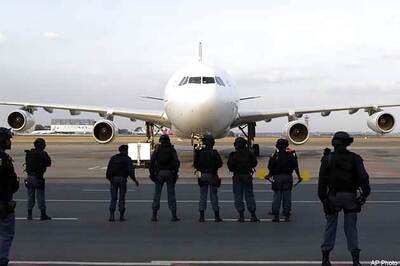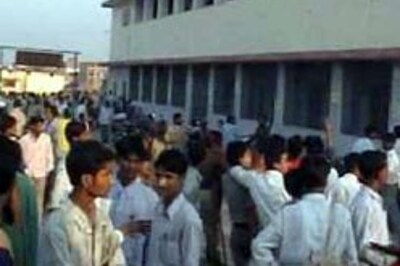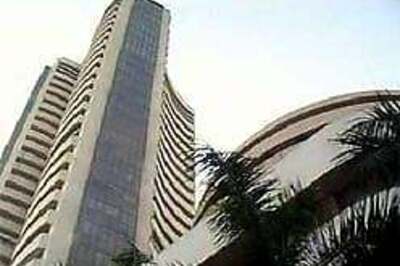
views
Bhubaneshwar: South Korean steelmaker POSCO will start construction early next year of a $12 billion project in India that has been delayed by farmers' protests, the company president said.
The plant in Orissa, touted as India's biggest foreign direct investment, has been delayed by more than two years due to protests by farmers who fear losing their livelihood.
The company, which had hoped to begin construction in April last year, now expects to complete land acquisition by the end of 2009, clearing the way to start construction next year.
"We almost solved problems already. We will start our construction very soon ... from early next year we will start our land levelling work," Lee Dong-hee, POSCO's president and chief investment officer, told reporters late on Wednesday.
He dismissed media reports that the company planned to relocate the project from the planned site near the Paradip port.
"We have never changed our plan," Lee said, after meeting the state chief minister Naveen Patnaik and senior government officials at the capital city Bhubaneswar.
POSCO had signed a memorandum of understanding with Orissa in June 2005 for the 12-million-tonne-capacity steel plant to be built in three phases by 2016, with production scheduled to begin by the end of 2011 at the completion of the first phase.
With the grant of the mining lease delayed due to litigation, Lee said the company would start construction of the steel plant first. The company requires 20 mn tonnes of iron ore per year over 30 years for steel production at full capacity.
The world's No. 4 steel maker requires about 4,000 acres (1,620 hectares) of land, of which a large part is forested. Activists have said the construction will force villagers off farmland and displace about 20,000 people.
POSCO and the state have said the plant, in the Jagatsinghpur district of the mineral-rich state, will create jobs in an impoverished part of the country, but villagers had refused to hand over land and staged frequent protests.
The Supreme Court top court last August allowed the company use of tracts of forest land, but the protests have continued, reflecting a larger standoff between industry and farmers unwilling to give up land.
"We will not give any land. Our fight against the project will continue," said Prashant Paikray, a protest leader.
Other projects, including Tata Motors' plant for the cheap Nano car, have been delayed or relocated due to similar protests in India, where two-thirds of the population depends on agriculture for a living.




















Comments
0 comment